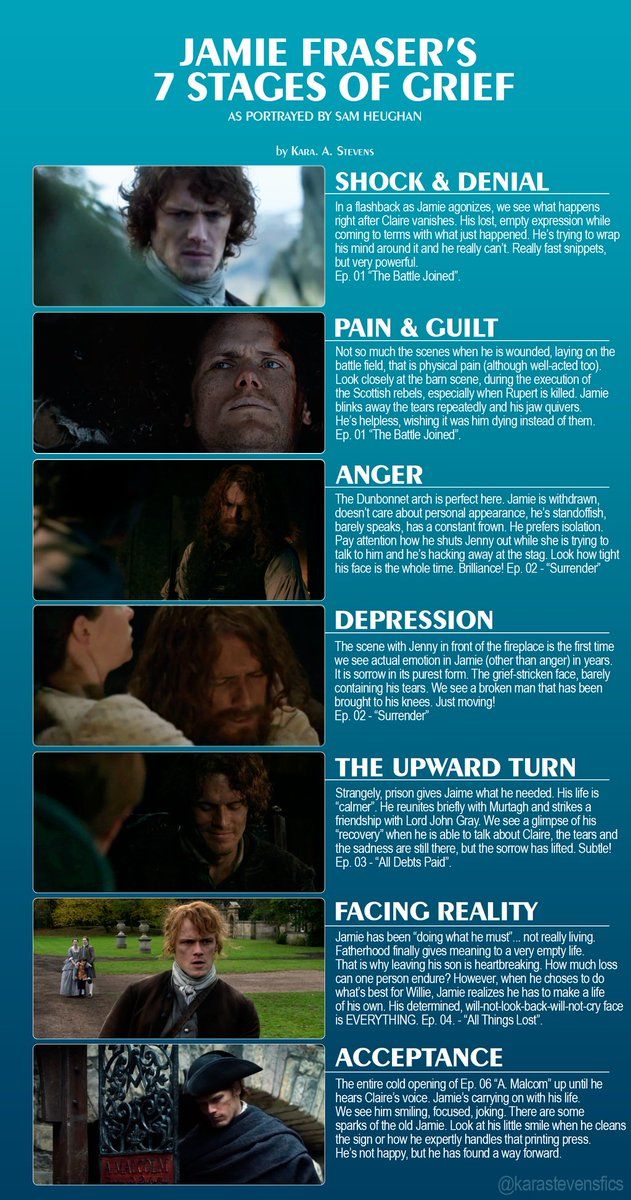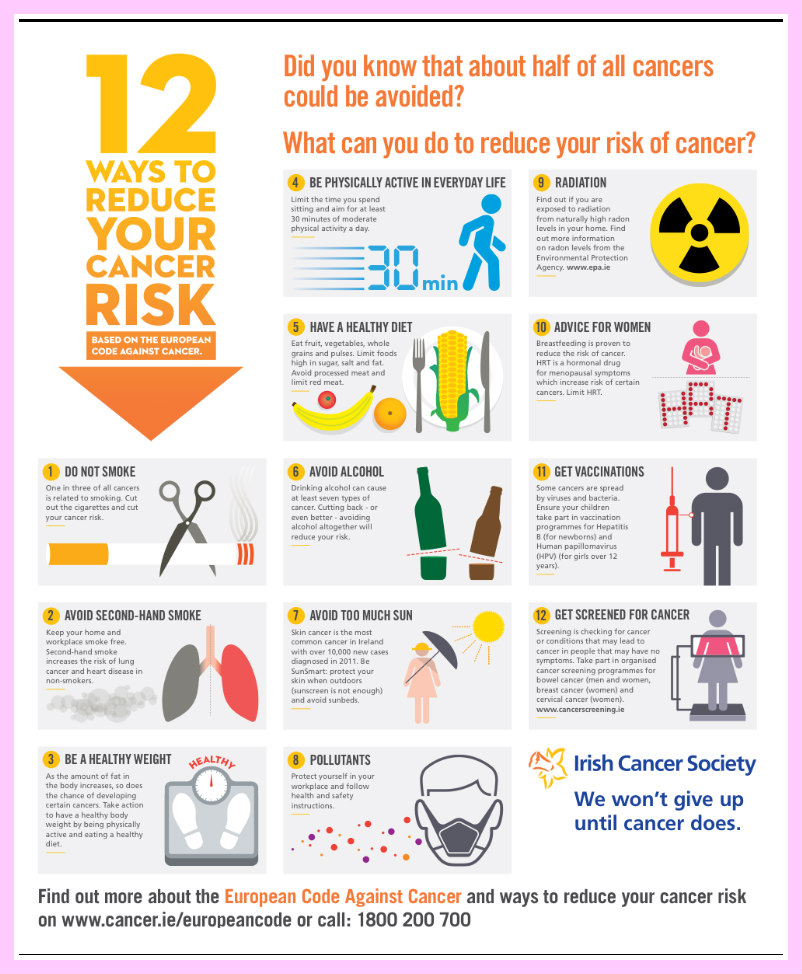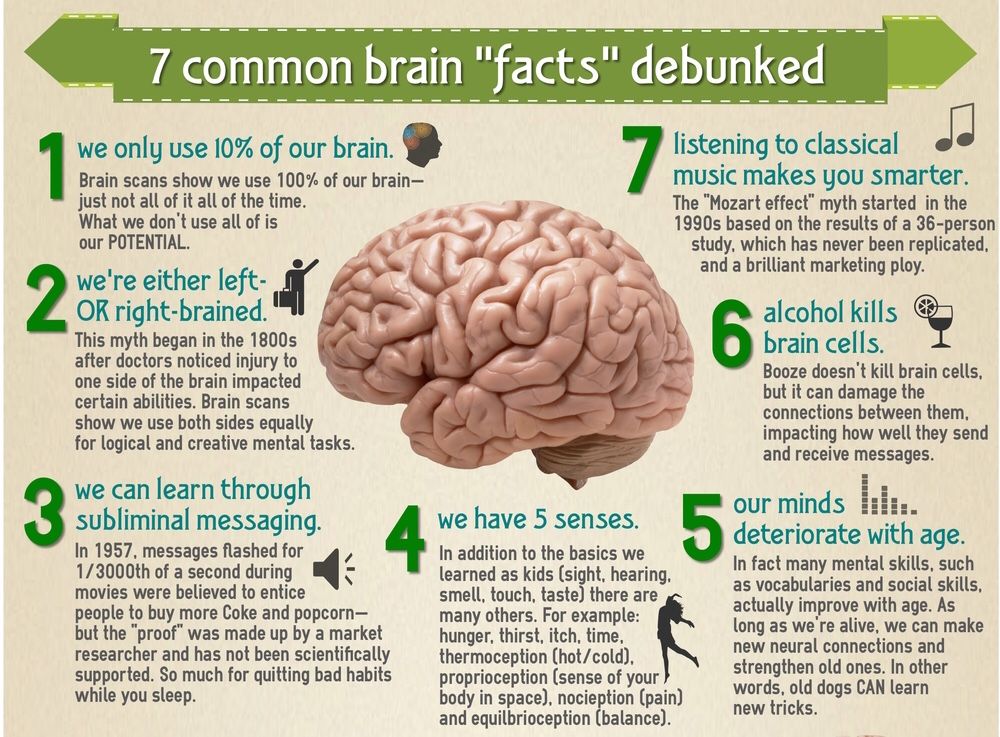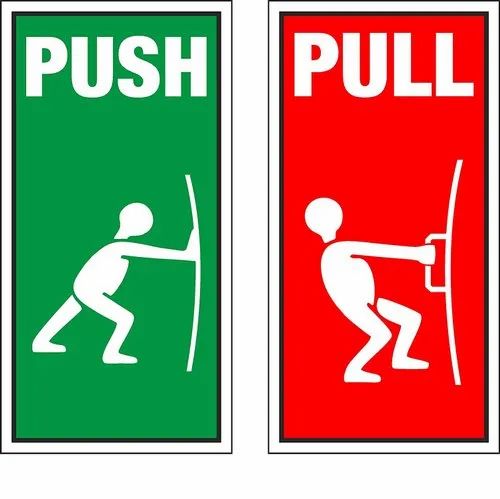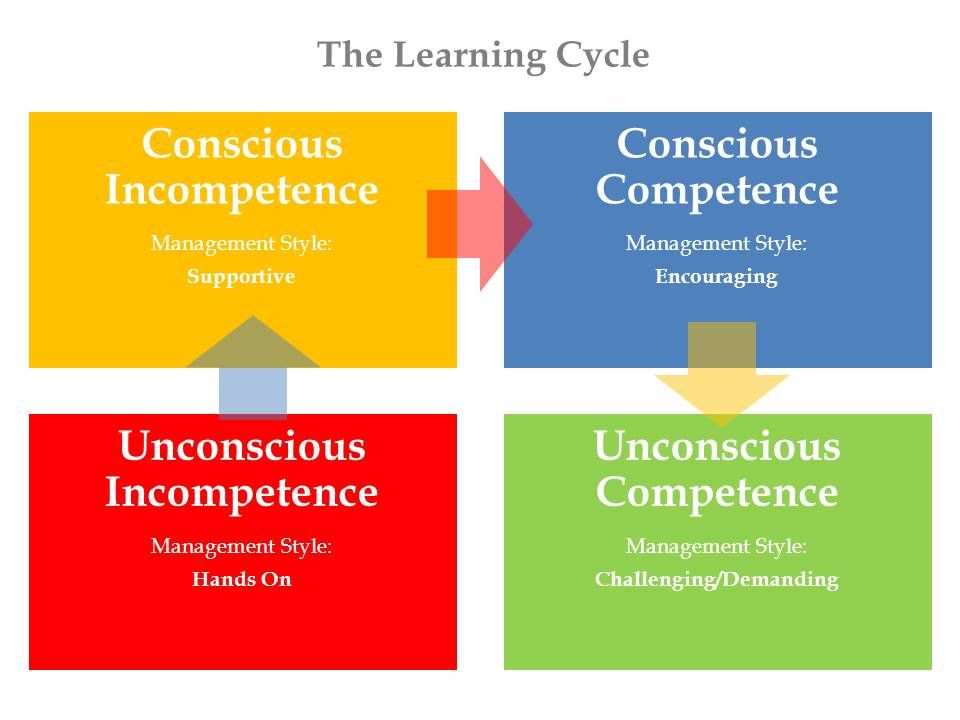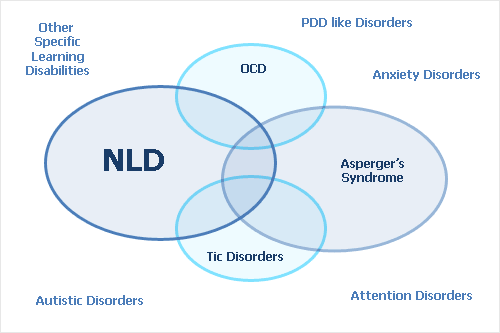Stages of grief from infidelity
The Grief of an Affair
Your partner cheated. Now what?
Your partner cheated. Now what?
Your partner cheated. Now what?
Read part one of this two-part article: How Do Affairs Happen?
The revelation of a partner’s affair (sexual or emotional) comes as a shock to the hurt partner, even when doubts exist. The loss of trust in a relationship is no different from a physical loss. The closeness of the relationship and the hurt partner’s perception of preventability were identified as predictors of the grieving process’s intensity and duration in a study on human grief by Bugen. The predictors wouldn’t be different in the case of trust loss as well.
The process of grief includes five emotional stages to recovery from loss, as per the Kubler-Ross model. This process is not linear, and the hurt partner can find themselves at any stage throughout varying timelines. The stages of trust loss, applying the grief model to the aftermath of an affair, would be as follows:
Denial
The hurt partner struggles to comprehend what happened and is often unaware of the Gottman-Rusbult-Glass betrayal cascade that the betraying partner experienced or is experiencing (Read further about the betraying partner’s struggles in the article, “How Do Affairs Happen?”). The hurt partner tends to minimize the pain of the affair initially and goes through the phase of “something is amiss, and it will be set right.” There is a strong need to confirm with the partner by asking questions in several different ways as they feel that this cannot be happening.
Anger
The hurt partner starts to piece together the incidents from the past, and the reality gradually emerges. There is apparent anger about the betrayal, hurt for being let down, and sadness about losing the relationship. The anger can be toward oneself for letting this happen, the partner who did this to them, and the liaison who shouldn’t have crossed the boundaries. But then, there is also the fear that the anger may push away the very person they still love. The fear of losing the partner results in suppressing anger, which may erupt abruptly at different points as the entirety of the situation sinks in. There may also be self-doubt about their role in the case, which is overwhelming, given the immense emotional stress already persisting.
Bargaining
The feelings of confusion, pain, anger, and other emotions seem unbearable and threaten the loss of control. It is a helpless state intensified by powerful emotions and therefore comes a need to regain control. The hurt partner tries to reset the past by exploring different paths, such as “if only I had stopped her that day when I saw her messaging,” “what if the other person had misused the situation and my partner is not at fault,” etc. There is a struggle to heal the pain faster by providing logical explanations and intellectualizing feelings. The hurt partner may try premature closure to postpone experiencing painful emotions.
Depression
Here one feels the full impact of losing a trusted relationship. The affair erases everything the hurt partner believed. While the first three stages are more cognitive and solution-oriented, this stage is emotional and experience-oriented. It might involve heaviness and isolation. The hurt partner experiences intense emotions of anger, sadness, and doubts that can feel like there is no more running away. Questions may arise like, “does my partner love me at all?” “I should have given more time and attention before,” “What do I do now?” etc. These questions address the concerns at a deeper level, releasing intense emotions. It is a difficult phase that can feel foggy. Though depression may feel like a comfort zone as the inner conflict lessens, dwelling here indefinitely is unhealthy and would need counseling assistance to move on.
Questions may arise like, “does my partner love me at all?” “I should have given more time and attention before,” “What do I do now?” etc. These questions address the concerns at a deeper level, releasing intense emotions. It is a difficult phase that can feel foggy. Though depression may feel like a comfort zone as the inner conflict lessens, dwelling here indefinitely is unhealthy and would need counseling assistance to move on.
Acceptance
Acceptance comes concerning what happened and what it means in the future. It is not a perfect resolution and permanent closure (with emotions and interpersonal realities) but a transformative stage following a significant change. The hurt partner may start to have thoughts like, “I am aware of what went wrong and can understand the reasons,” “I will be able to forgive and move on,” etc. At this point, the perspective is more on the present moment and future rather than the past. Hope is renewed about the restoration of the relationship. This stage feels different as the outlook towards several aspects of life changes.
This stage feels different as the outlook towards several aspects of life changes.
Post-Traumatic Stress Disorder (PTSD)
Shirley Glass noted that the hurt partner often suffers from a PTSD reaction following an affair’s discovery. According to Drs. John and Julie Gottman, if the below symptoms persist, then the chances are that the hurt partner is experiencing PTSD.
- Recurrent recollections and intrusive visualizations: “Deja vu” events, days, locations, etc., tend to trigger flashbacks of affair specifics. For example, recurring dates of when the hurt partner had found out about the affair trigger memories and related emotions that can induce flooding (stress) and panic attacks.
- Oscillating moods, confusion, irritability, and outbursts: As the hurt partner struggles between feelings of betrayal and acceptance, there are periods of emotional numbing followed by explosions.
- Intense emotions of anger, hurt, shame, grief, and frustration:
There are ambivalent fears of anger, guilt, self-doubts, etc.
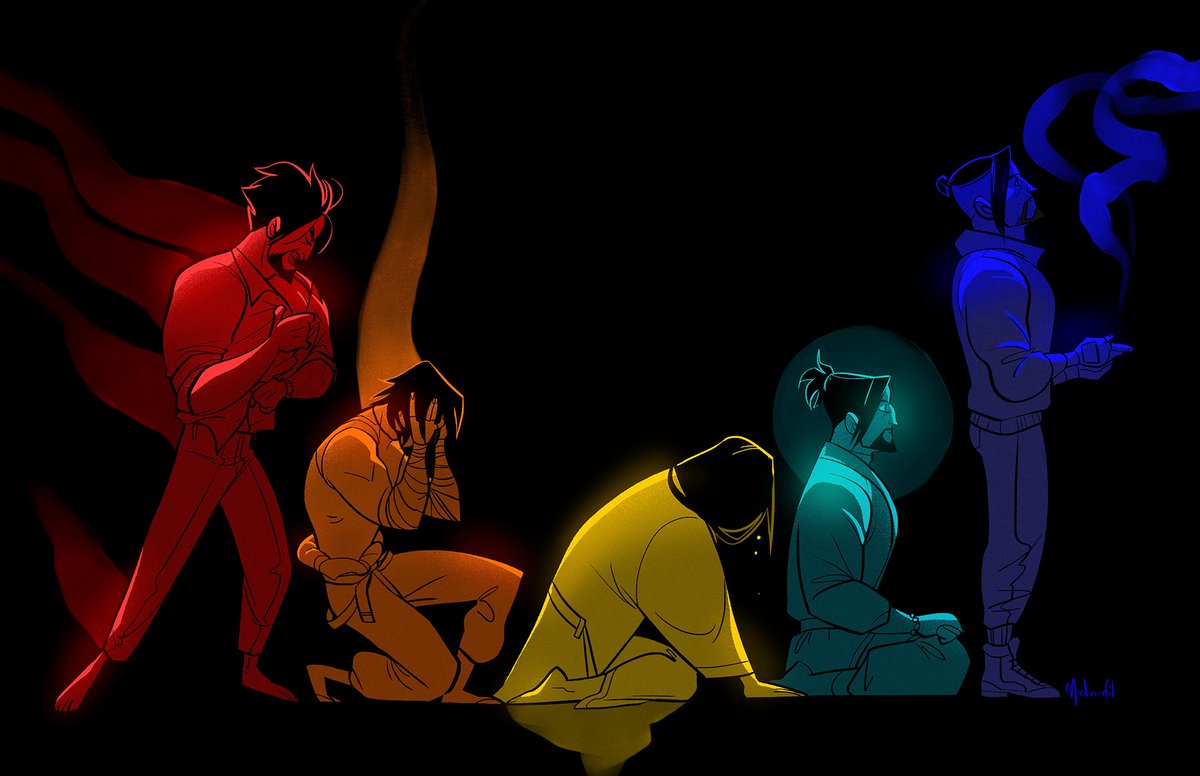 , that can overwhelm the hurt partner. Empathetic listening goes a long way in healing.
, that can overwhelm the hurt partner. Empathetic listening goes a long way in healing. - Hyper-vigilance and startling: Hurt partners can become startled and vigilant about mundane things like message notifications, phone rings, delay in replies, etc., and may seem to make impossible demands. Compassion and assurance will help.
- Avoidance, detachment, and seclusion: The overwhelming feelings appear challenging, and isolation may seem like the only option. The betraying partner often misunderstands it as distancing and tends to stay away. It may enhance the feelings of rejection in the hurt partner when what is needed is emotional support.
- Loss of focus and interest: The depression symptoms of demotivation, loss of interest, lack of energy, irregular sleep, no appetite, low feelings, etc., can persist.
- Hopelessness about the future: As the world, they know, collapses, there may be hopelessness and helplessness about the relationship.
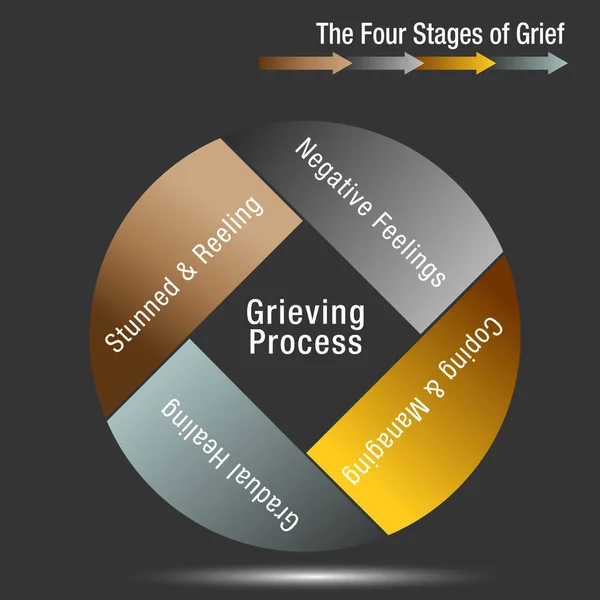
Although not all partners hurt by an affair will develop PTSD reactions, many will experience grief and depression. Hurt partners may become obsessed with the affair’s details, feel powerless with their emotions, and need therapeutic assistance at such times. It is important to note that these reactions are normal responses and can benefit from couple therapy.
Final thought
An affair shakes everything that the hurt partner believes in their understanding of themselves and the world. Gottman Method Couples Therapy can help a couple learn to atone, attune, and attach as they restore new purpose and meaning together.
References:
Bugen, L. A. (1977). Human grief: A model for prediction and intervention. American Journal of Orthopsychiatry, 47(2), 196–206. https://doi.org/10.1111/j.1939-0025.1977.tb00975.x
Glass, S. (2007). NOT “Just Friends”: Rebuilding Trust and Recovering Your Sanity After Infidelity.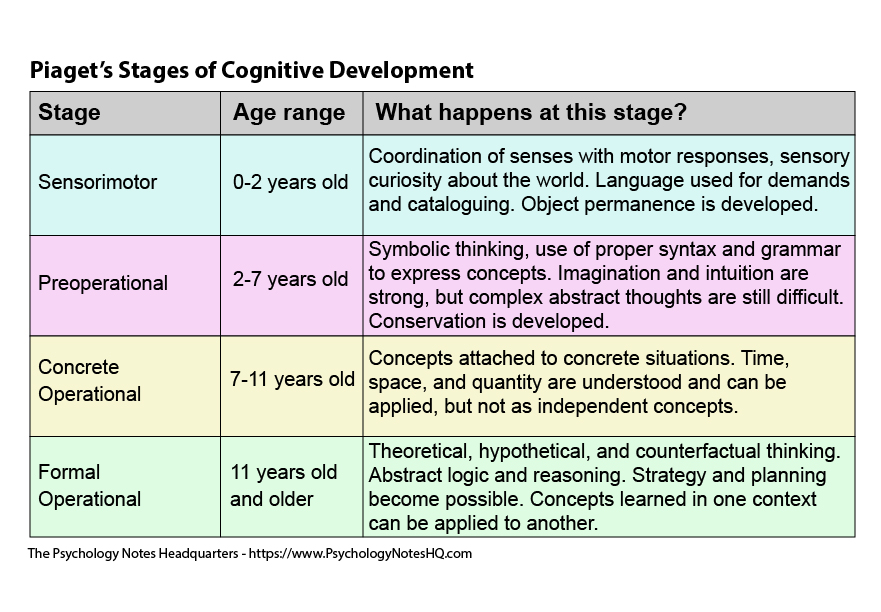 Simon & Schuster.
Simon & Schuster.
Gottman, J. (1995). Why Marriages Succeed or Fail: And How You Can Make Yours Last. Simon & Schuster.
Gottman, J. M. (2011). The science of trust: Emotional attunement for couples.
Gottman, J., & Gottman, J. (2017a). The Natural Principles of Love. Journal of Family Theory and Review, 9(1), 7–26. doi: 10.1111/JFTR.12182
Gottman, J., & Gottman, J. (2017b). Treating Affairs and Trauma. Unpublished manuscript, Gottman Institute, Seattle, USA.
Gottman, J. M., & Levenson, R. W. (1986). Assessing the role of emotion in marriage. Behavioral Assessment.
Gottman, J. M., & Levenson, R. W. (1992). Marital processes predictive of later dissolution: behavior, physiology, and health. Journal of Personality and Social Psychology, 63(2), 221–233. doi: 10.1037/0022-3514.63.2.221
Gottman, J. M., & Levenson, R. W. (2002). A Two‐Factor Model for Predicting When a Couple Will Divorce: Exploratory Analyses Using 14‐Year Longitudinal Data*.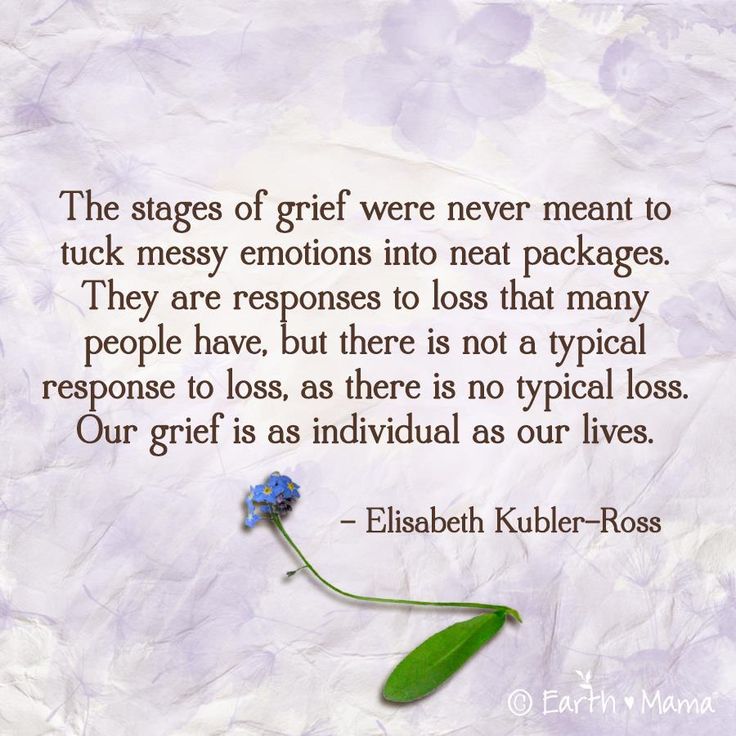 Family Process, 41(1), 83–96. doi: 10.1111/J.1545-5300.2002.40102000083.X
Family Process, 41(1), 83–96. doi: 10.1111/J.1545-5300.2002.40102000083.X
Hall, C. (2011). Beyond Kubler-Ross: recent developments in our understanding of grief and bereavement. InPsych: The Bulletin of the Australian Psychological Society Ltd, 33(6), 8.
Holland, K. (2018, September 25). What You Should Know About the Stages of Grief. Retrieved from https://www.healthline.com/health/stages-of-grief
Jinashree Rajendrakumar
Jinashree is a Certified Gottman Couple Therapist from India. She is certified in Treating Affairs & Traumas, NLP, Hypnosis, CBT Skills, Mindfulness, TA (Year 1), and Client-Centered Therapy. She is an entrepreneur and pursuing her doctoral research in couple studies at Christ (Deemed to be University), India. She worked as a software engineer and technical lead for 17 years in companies like Cisco Systems and Hewlett Packard. She changed her profession from IT to Counselling Psychology in the last few years and found her calling in couple therapy.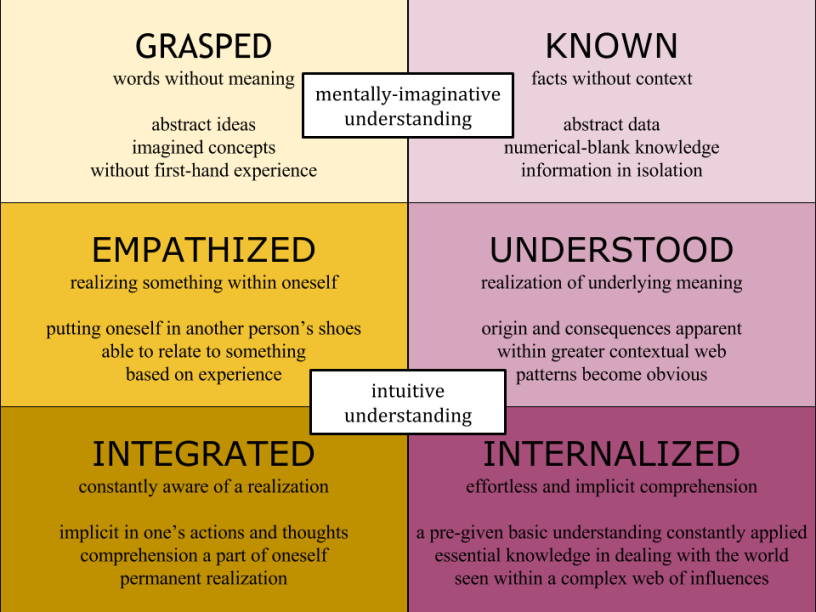 ="wpforms-"]
="wpforms-"]
Stages of Grief if You Have a Cheating Spouse – LovingatYourBest
Table of Contents
REVIEWS
Infidelity in a relationship is never easy to deal with. It is a destructive force and many relationships have been severed by this act. Whether you choose to give the relationship another chance or not, there are stages of grief if you have a cheating spouse that one must go through.
Importance of Stages of Grief if You Have Cheating SpousePartners who have been cheated on might feel like their world is ending. It is true in a marriage, especially ones with children, because you see your relationship as a sacred thing. The feeling of betrayal is difficult to get over, and it will take time.
It was Psychiatrist Elisabeth Kubler-Ross who identified the five stages of grief after learning you have a cheating spouse. These five distinct stages represent the various levels of grief.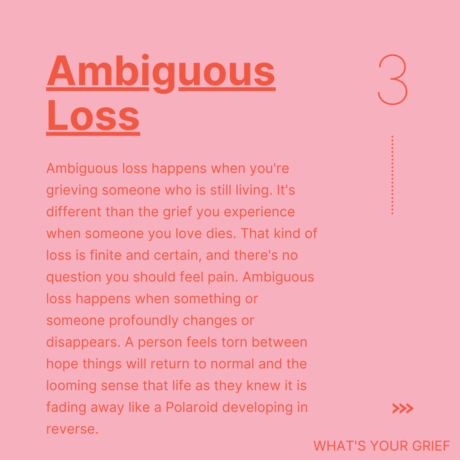 It is important to identify these stages because you cannot rush things when you are dealing with feelings of pain and betrayal.
It is important to identify these stages because you cannot rush things when you are dealing with feelings of pain and betrayal.
Some people might experience all five stages, while others may not. It varies from one person to another and on a case-to-case basis. No two people grieve the same. However, it is important to know the stages of grief because it allows you to understand your feelings better. In addition, there is no particular order to these stages, it depends on the circumstances that surround each case of infidelity.
5 Stages of Grief from having a Cheating SpouseWhen suffering from grief due to infidelity, the partners that had been cheated on must be made aware that they are not alone in this suffering. The five stages of grief represent the rollercoaster of emotions that one goes through when trying to make sense of the betrayal.
Discover what these five stages are so you can learn how to better cope with each emotion that you might experience.
The denial stage is the first one that a spouse goes through when they are cheated on. This is also referred to as premature optimism. The initial feeling that you experience when you realize that you have been cheated on is shock. The discovery and revelation of an affair from your spouse leaves you in shock.
Some would describe this stage as feeling numb; making it appear as though they are unfazed by the discovery. Slowly, the emotion starts to creep in and the reality of the situation confronts you, this is when you gain full understanding of what has happened.
When in denial, a person might talk tough and put up a brave front. For most individuals though, the optimism is genuine. They try to block out the negative emotions associated with infidelity by keeping a positive attitude. For a few others, it is a ‘denial’ or an effort to mask their real emotions (which are pain and anger).
The extent of denial varies from one person to another.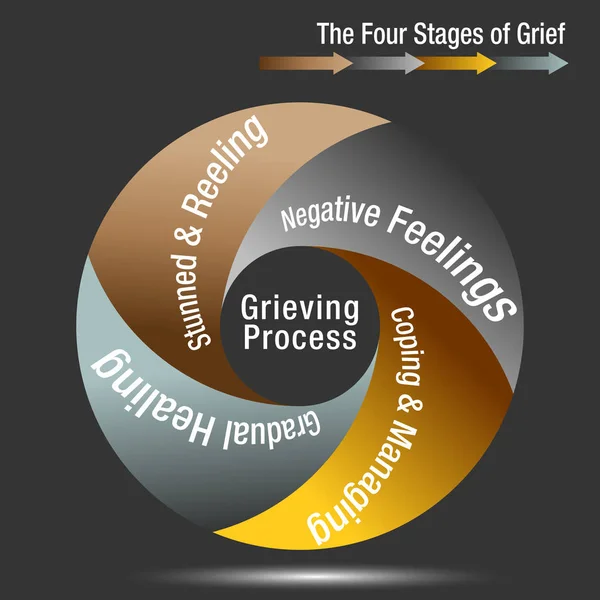 For some, it can be very subtle – an attempt to look at things objectively. For a few others, they are very blatant about it ─ such as trying to make excuses for their spouse’s behavior. However, the latter does not benefit you or your relationship. Another reason why some people do this is because they are afraid to truly know the extent of their spouse’s cheating behavior.
For some, it can be very subtle – an attempt to look at things objectively. For a few others, they are very blatant about it ─ such as trying to make excuses for their spouse’s behavior. However, the latter does not benefit you or your relationship. Another reason why some people do this is because they are afraid to truly know the extent of their spouse’s cheating behavior.
After the denial stage, the feeling of anger starts to take over. The act of betrayal fully sinks in, and you are overcome with the urge to retaliate through hostile acts. Some people exhibit full rage in an effort to cope with the grief and betrayal. This anger can be directed towards the cheating spouse or indirectly projected towards other people.
This is one of the most difficult phases of grief to overcome. Aside from being upset by the circumstances, all of the repressed negative emotions boil up to the surface.
Experts believe that anger is a normal part of the grieving process.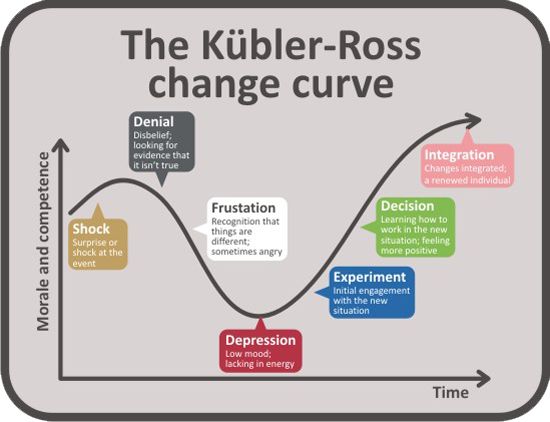 You need to acknowledge these feelings; in fact, it is healthy to show them. But you should never act on any urges to retaliate because you could end up hurting the people that matter to you. It is common to find violence takes place in non-violent relationships, and you should do your best to avoid this from happening to you.
You need to acknowledge these feelings; in fact, it is healthy to show them. But you should never act on any urges to retaliate because you could end up hurting the people that matter to you. It is common to find violence takes place in non-violent relationships, and you should do your best to avoid this from happening to you.
This is one of the most crucial steps of the grief process during reconciliation. According to Kubler-Ross, it is a natural process for someone to attempt to bargain in an effort to avoid an unwanted fate. In the case of a cheating spouse, the cheating party would try to come up with a bargain as part of their effort to save the relationship.
This stage occurs as a result of the desire to try to fix what was missing in the relationship in the past that led to the affair (even though it isn’t true). The partner that had been cheated on will feel the need to make a compromise and accept the bargain that was offered to them to prevent the relationship from ending.
This is a slippery slope, and the grieving partner must tread it very carefully. It is easy for the cheating partner to downplay their unacceptable behavior, even when their bothersome habits are recurring. Make sure you exercise full caution when accepting any bargain made by your cheating spouse. You need to tell the difference between giving them a second chance because they deserve it versus giving them a second chance simply because you want to save the relationship. If the latter applies to your case, you will end up dealing with the same problematic behaviors you’ve tolerated in the past.
DepressionDepression is a specific stage in the process of grieving from a cheating spouse. However, feelings of depression could manifest in any of the other stages.
Different people cope with their emotions in different ways. Therefore, some might feel the need to turn those feelings inward – probably due to the embarrassment of being cheated on.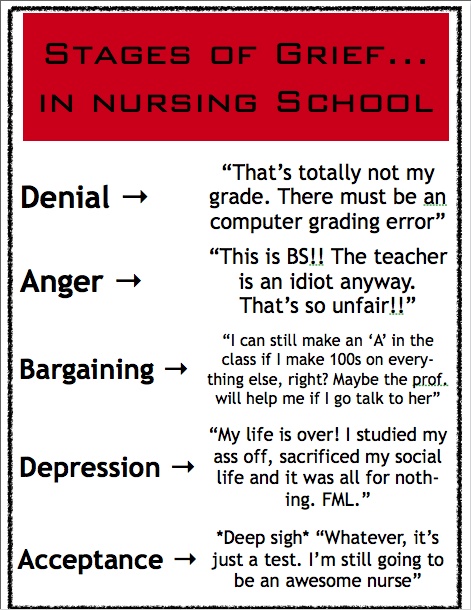 But this does you no good because it only makes you more upset and sad. You end up being angry at yourself.
But this does you no good because it only makes you more upset and sad. You end up being angry at yourself.
If you experience depression, it is important to speak to a close friend, family member, or a therapist. They can help you address those feelings before it becomes more serious or life-threatening.
AcceptanceThe final stage of grief from a cheating spouse is acceptance. This will only happen once you fully acknowledge that your partner has betrayed you by having an affair. Acceptance can happen whether or not you have forgiven your spouse. In addition, you do not have to feel okay either.
Acceptance means that you have released yourself from the emotional burden of your spouse’s behaviors. You no longer blame yourself for what happened. Instead, you are ready to move on with your life (even if it means no longer being with your spouse).
Sign Up for eTips Now!We never share your information with third parties.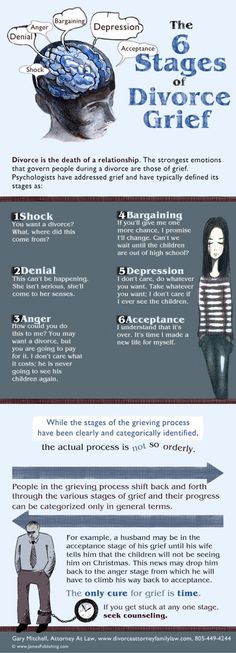
what happens at each of the five stages
All people face losses: lose their jobs, bury loved ones, experience a breakup of relationships. Today we will talk about what grief is, what stages it has and how knowing about them will help to cope with a black streak in life.
Website editor
Tags:
Psychology
Psychology of Personality
Death of a loved one
loss
Getty images
Grief is a very personal experience. Each of us goes through it in our own way: some close in on themselves, others cry, others get angry. There is no right or wrong way to deal with loss—everyone behaves differently. But there are some common features of mourning, known as the stages of mourning.
How did the theory of five stages of grief come about
In 1969, Swiss-born American psychologist Elisabeth Kübler-Ross published On Death and Dying, in which she identified five stages of grief. The book was based on the observations of Elizabeth, who worked with terminally ill people for many years.
The book was based on the observations of Elizabeth, who worked with terminally ill people for many years.
The five stages of mourning described by the scientist were later called the Kübler-Ross model. Initially, it was about the experiences of terminally ill patients, but in the later stages of grief, they were adapted to emotions experienced due to other losses. nine0003
Five stages of grief: from denial to acceptance
In total, Elisabeth Kübler-Ross identified five stages of grief:
- denial;
- anger;
- bargain;
- depression;
- acceptance.
Not every person goes through all five stages, and they do not necessarily follow each other in that order. You can stay on one of them for months and skip the others. It is possible that everything will start with bargaining and only then the person will plunge into anger and denial. Everyone will go their own way, and it is worth knowing what steps you will probably have to take along it. nine0003
Everyone will go their own way, and it is worth knowing what steps you will probably have to take along it. nine0003
First stage of grief: denial
Grief is overwhelming. It is natural to respond to strong and often sudden feelings by pretending nothing happened. Denial gives us time to gradually digest the news and incorporate it into our lives. This is a common defense mechanism to deal with stress.
However, as a person emerges from the stage of denial, the emotions from which he was hiding begin to grow. At such moments, the mourner is confronted with intense sadness, which previously went unnoticed. This is part of the journey and it can be very difficult. nine0003
Second stage of grief: anger
If denial is a survival mechanism, then anger is a way to mask feelings. It hides other feelings and pain that a person faces. Rage can be directed at other people - from relatives who come to the hospital to a former boss.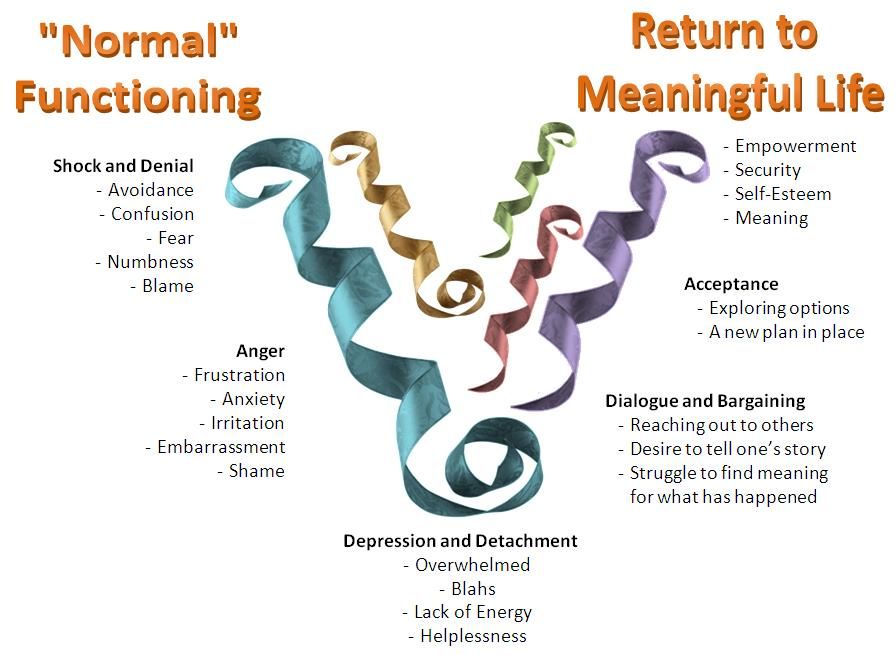 Sometimes even inanimate objects can become the object of anger.
Sometimes even inanimate objects can become the object of anger.
Reason at such moments prompts: the one on whom you are breaking down is not to blame for what happened. But the emotions are too strong for the rational side of the personality to take over. Sometimes anger is “disguised” and does not look like a pronounced rage, but like bitterness and indignation. Not all people go through the anger stage, but there are those who linger on it for a long time. nine0003
Third stage of grief: bargaining
Grief makes people vulnerable and helpless. At such moments, they often look for ways to regain control over life, they want to feel that they can influence the outcome of events. It's time for internal dialogues with endless questions: "What if? .."
Those who are religious often try to make a deal with God or higher powers, giving them various promises in exchange for healing or pain relief. In essence, a deal is an attempt to delay the inevitable, to hide from confusion or sadness. People expect that they will be rewarded for "exemplary behavior" and take oaths that they are not going to fulfill. nine0003
In essence, a deal is an attempt to delay the inevitable, to hide from confusion or sadness. People expect that they will be rewarded for "exemplary behavior" and take oaths that they are not going to fulfill. nine0003
Fourth stage of grief: depression
Anger and bargaining can be very active, depression is experienced as a quiet stage of grief. At first, a person tries to run away from emotions, but by this stage he is already able to accept and process them. At such times, people may choose to isolate themselves to cope with the loss.
However, this does not mean that depression is mild or well defined. Like other stages of mourning, it can be complex and confusing. It may seem to you that everything around you is in a fog, and the only thing you feel is confusion and sadness. nine0003
Depression can be felt as the inevitable "landing point" of any loss: deprivation becomes clear and inevitable.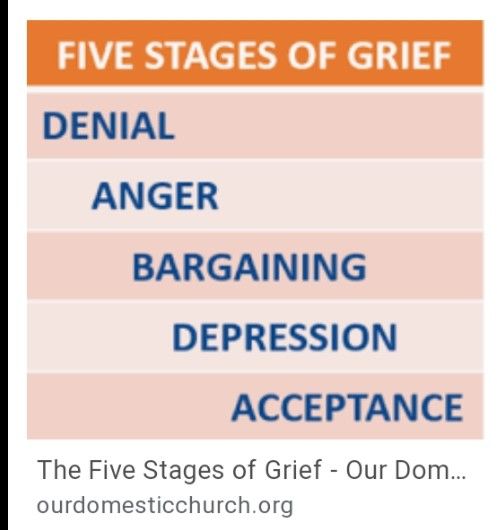 But if you understand that you are bogged down in depression and do not move on to acceptance, then you should talk to a psychotherapist: he will help you go through this stage and not get stuck in it for a long time.
But if you understand that you are bogged down in depression and do not move on to acceptance, then you should talk to a psychotherapist: he will help you go through this stage and not get stuck in it for a long time.
Fifth Stage of Grief: Acceptance
Acceptance is not necessarily a happy or uplifting stage of mourning. It does not mean that a person experienced a loss. This is an understanding of how what happened affects his life. nine0003
At this stage, you may feel very different. This is normal, because there have been changes that affect all relations with the world. Acceptance should be looked at as a way of realizing that there are more good days than bad ones, but there are also black streaks in life.
7 stages of grief
The Kübler-Ross model of five stages of grief is the best known, but it is far from the only one. Another one that helps explain the experience of loss involves seven stages.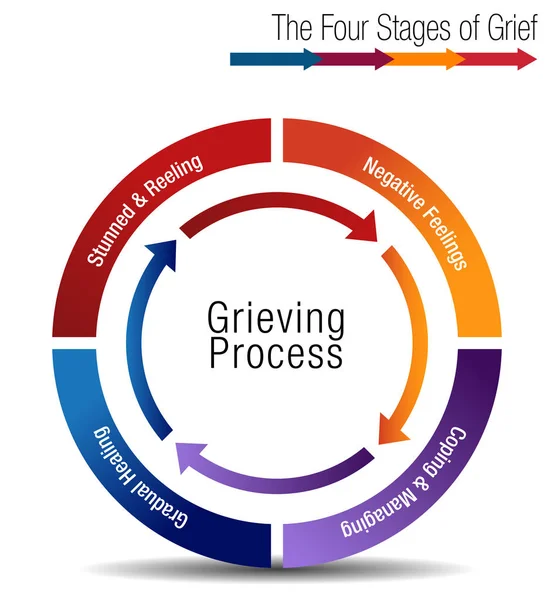 nine0003
nine0003
- Shock and denial. This is a time of distrust and numb feelings.
- Pain and guilt. The loss seems unbearable to a person, he believes that he complicates the life of others with his feelings and needs.
- Anger and bargaining. At this moment, the mourner promises God and the higher powers anything, if they grant him relief.
- Depression. At this stage, a person becomes isolated, choosing loneliness in order to comprehend and accept the loss. nine0036
- Turn up. Anger and pain subside, and the one faced with loss becomes calmer and more relaxed.
- Reconstruction and development. At this stage, the pieces of life come together again and the forward movement begins.
- Acceptance and hope. At this stage, there is an acceptance of a new way of life, there is an understanding that new opportunities await in the future.

7 stages of grief example
Here's what the seven stages of grief would look like in the case of a divorce:
- Shock and denial: “He can't do this to me. He will realize that he made a mistake and will return.”
- Pain and guilt: “How could he do this? Is he that selfish? How could I ruin everything?"
- Anger and bargaining: “If he gives me another chance, I will be an ideal wife. I love him and I will give him whatever he wants!”
- Depression: “I will never have a relationship again. I'm doomed to always let everyone down." nine0036
- Turn up: "It was hard, but I might meet someone else in the future."
- Reconstruction and working through: "I need to analyze these relationships in order to learn from my mistakes."
- Acceptance and hope: “I can give a lot to another person. Sooner or later I will meet him.”
Whatever the model of grief, there is one important point: everyone experiences it in their own way. Even you, faced with different losses, each time you go through a new, still unfamiliar path. Sometimes it takes several weeks, but it also happens that mourning drags on for years. To cope with feelings and regain self-confidence, it is worth contacting a psychotherapist who will help you cope with pain and emotions. nine0003
Even you, faced with different losses, each time you go through a new, still unfamiliar path. Sometimes it takes several weeks, but it also happens that mourning drags on for years. To cope with feelings and regain self-confidence, it is worth contacting a psychotherapist who will help you cope with pain and emotions. nine0003
Have you experienced loss?
Five stages of experiencing the loss (loss) of a loved one. 15 recipes for a happy relationship without cheating and betrayal. From the master of psychology
Five stages of experiencing the loss (loss) of a loved one
Stage 1. Denial
"This could happen to anyone, but not to me!". You have heard similar stories but find it hard to believe that this has happened to you. You didn't expect your husband to do this to you. The fear of separation and the upcoming loneliness is so frightening that you do not understand how to live on. nine0003
Stage 2. Anger
“How could he do this to me? I didn't deserve that kind of treatment.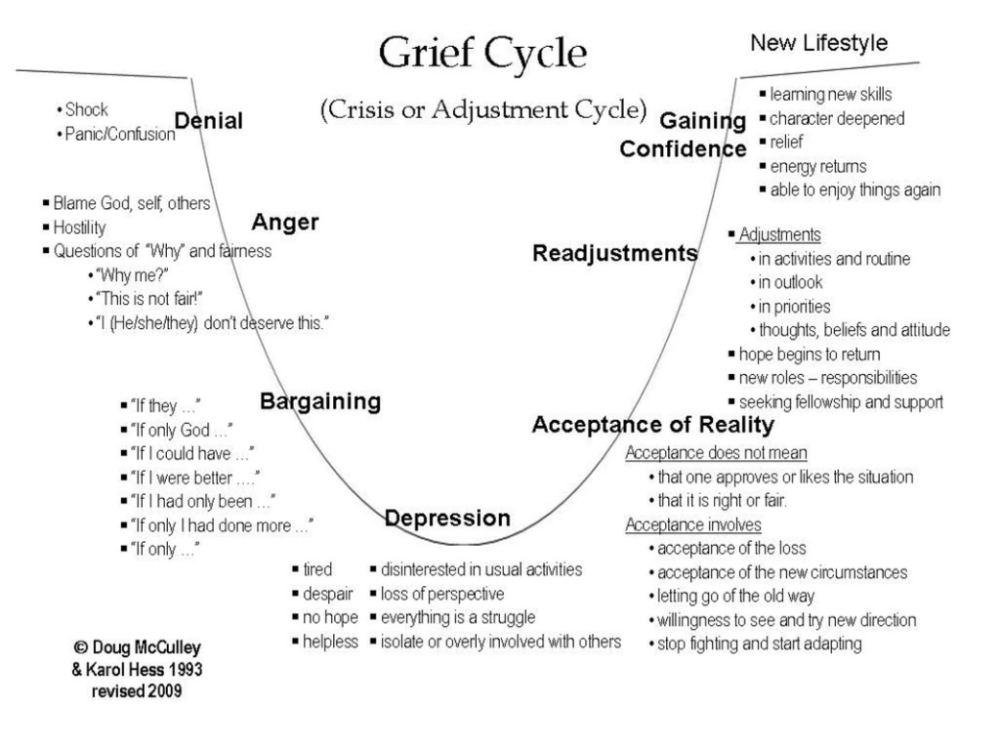 " Sadness turns into rage, and you are sometimes frightened by the amount of hatred that comes out in you.
" Sadness turns into rage, and you are sometimes frightened by the amount of hatred that comes out in you.
From resentment and bitterness, you really feel the strongest hatred for a man. During this period, you begin to accuse, reproach him for unfair treatment of you.
Stage 3. Activity
After a burst of rage, accusations and threats, you begin to understand that another woman exists, and with a wave of a wand, she will not disappear from your life. You unexpectedly experience a surge of love for your husband, you are ready to forgive and forget everything, ready to change in order to return him. nine0003
You admit that your behavior led to his betrayal, and you are sure that it is worth changing your attitude and behavior, and everything will quickly return to normal. You begin to use all options to get rid of pain and change the situation. You feel a surge of energy and activity. You become creative and look for opportunities to restore relationships by any means.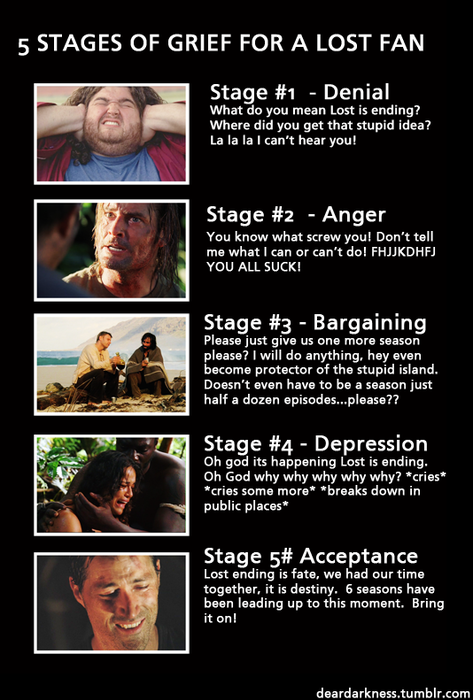
Many just at this moment come to a psychologist with a request to return their husband. Some begin to negotiate with God or the Universe, promising anything if the relationship is restored. And someone turns to all kinds of fortune-tellers and clairvoyants. nine0003
If, as a result of your efforts, you did not get the desired result, your husband left for another or continues to meet with her, then the next stage of grief awaits you.
If at this stage the husband returns, then you can say that you have avoided acute pain, but this does not mean that you can relax. Cheating is a signal that you are doing something wrong in your life. It's time to think about your life and yourself. Do not relax if you do not want to experience all the pain to the fullest. nine0003
Stage 4. Depression, loneliness. Journey inside yourself
After the upsurge and emotional outburst, when you did not get the desired result, or even if the husband remained in the family, there comes a deep disappointment and a strong energy decline.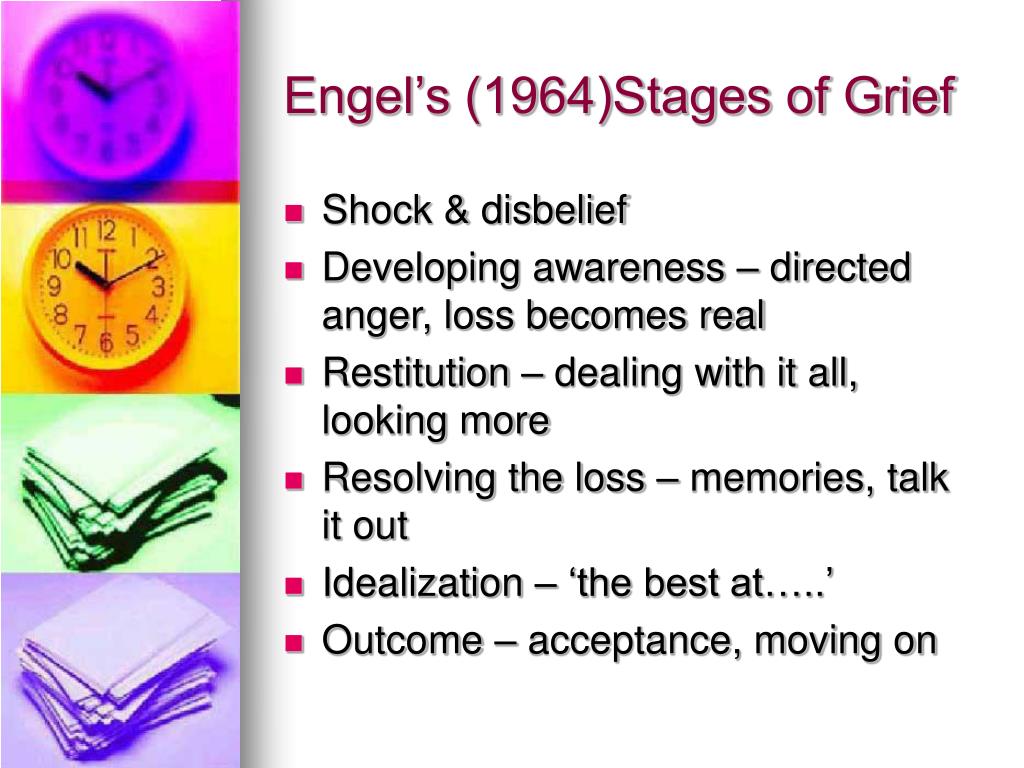 A deep sense of loss, sadness and general world-weariness are what a woman feels at this stage. She hardly gets up in the morning to go to work or do household chores.
A deep sense of loss, sadness and general world-weariness are what a woman feels at this stage. She hardly gets up in the morning to go to work or do household chores.
The classic signs of depression appear: lack of appetite, unwillingness to see or communicate with anyone, tears, insomnia or, conversely, constant sleepiness. Depression is a natural stage of living infidelity. nine0003
Stage 5. Acceptance and desire to get out of this state
Being in a state of apathy and depression, feeling that every cell is already tired of suffering, and realizing that this cannot go on forever, a woman begins to look for a way out of this situation . She no longer wants to return her husband, but to return her good emotional state. She begins to understand that she needs to do something to get out of this situation.
A strong desire to be healed leads you to deep work on yourself. nine0003
You begin to analyze your relationships, your life, yourself. A natural question arises: “Why did all this happen to me?” You begin to look for ways to heal spiritual wounds, let go of the past and forgive everyone, reconnect with your self (essence) and find peace in your soul.
This is the final step that allows you to move on - from divorce to a new happy life.
Very often women are afraid of becoming depressed and try their best to escape from this state. It's not right you need to calmly go through all the natural stages, thinking and thinking, only in this way you will develop internally and let go of the past, opening the way for the future.
When a woman goes through a stage of activity, she tries with all her might to get her husband back. Moreover, betrayal surprisingly changes the female perception of this man. If before the betrayal she could almost forget that her husband is a man, she lost all interest in him, he was a convenient addition to her life, then when she learns about another woman, she seems to wake up and understand that she does not want to lose her husband. Here you need to be very careful. nine0003
Often the fact of infidelity changes the attitude towards a man for a short time. But no more than that, in a few months your previous attitude towards him will return, plus resentment and anger for betrayal will appear.
But no more than that, in a few months your previous attitude towards him will return, plus resentment and anger for betrayal will appear.
To begin with, you must get rid of panic, calm down and weigh everything wisely. Not all husbands need to be returned. You need to slowly, carefully analyze your life with your husband.
Was he really a good husband for you? Do you have a desire to spend the rest of your life with him? Do you plan to meet old age with him? Do you see yourself with him? Do you think he is the right man? Do you respect him? Appreciate? nine0003
Answer these questions honestly. Maybe you want your husband back because you love him, or maybe because you have no idea how to live alone. Maybe you are driven by hurt pride, unwillingness to change anything in your established life?
In any case, you need to look into yourself very seriously. And while you're sorting it out, you have to hit the brakes. It is not necessary at this stage to make all kinds of attempts to return the man or push him away from himself.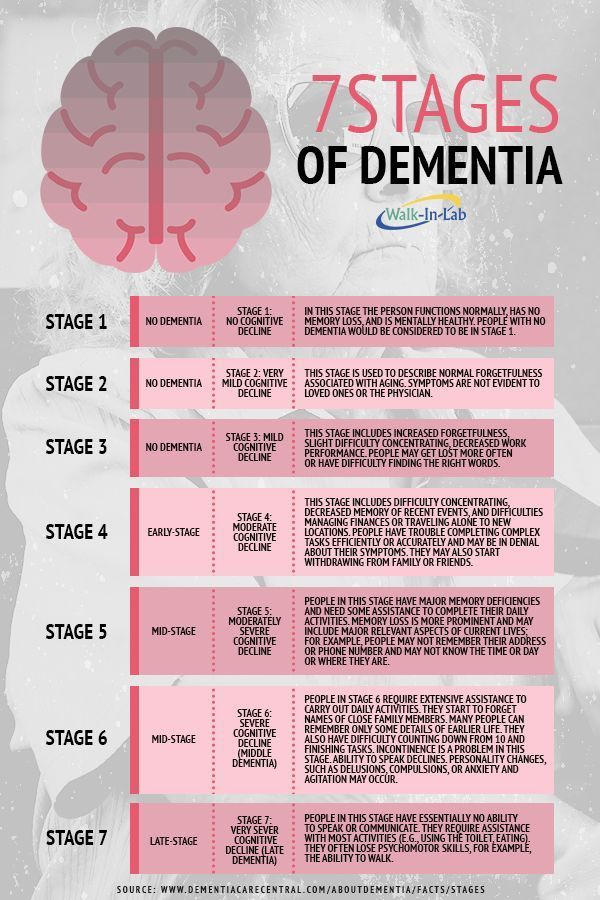
The very first thing is to take a break. You simply need it to understand, comprehend what happened, understand what you want. nine0099
It is strictly forbidden to make scandals, scenes of jealousy, although sometimes, in rare cases, it is the erupted feelings that help to improve relations.
There are no recipes here. If you have been emotionally restrained in a relationship, then maybe by showing uncontrollable emotions, you can get closer to your husband. If you have always been unrestrained, then try, on the contrary, to show restraint and composure.
Any behavior that is unusual for you will only benefit. nine0099
No need to put a man in front of a choice: either I or she. This can be done when you are ready to end the relationship and are sure that if he chooses a rival, you will accept this choice.
All your other actions will be meaningless and often useless until you truly experience the symbolic separation from your husband.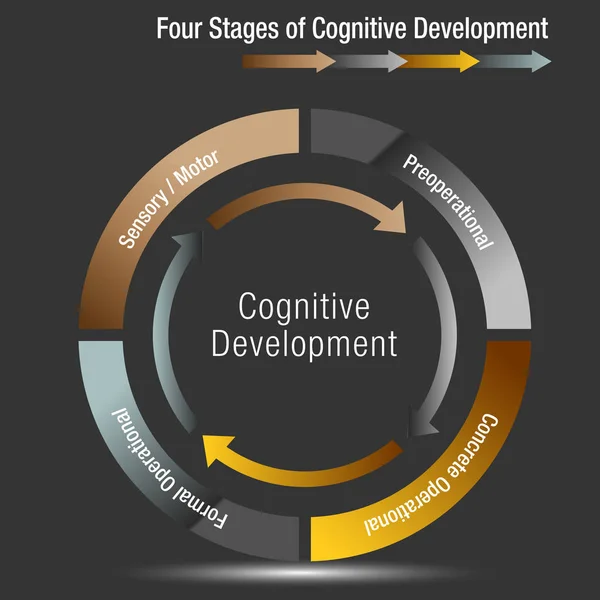 The sooner you accept the fact that it no longer belongs to you; the faster you part with him in your soul, accepting the situation and his feelings for another woman, the faster you will be healed from pain. Your husband found another woman because he is not satisfied with the relationship with you, or rather, your attitude towards him. He does not accept what is happening between you. This means that until you internally change your attitude towards him and towards men in general, there can be no question of his return. nine0003
The sooner you accept the fact that it no longer belongs to you; the faster you part with him in your soul, accepting the situation and his feelings for another woman, the faster you will be healed from pain. Your husband found another woman because he is not satisfied with the relationship with you, or rather, your attitude towards him. He does not accept what is happening between you. This means that until you internally change your attitude towards him and towards men in general, there can be no question of his return. nine0003
If you decide to engage in your spiritual development with the sole purpose of getting your husband back, then this is a useless waste of time and energy. It means that you are simply not ready for deep changes within yourself. Well, everything has its time. Time to scatter stones... And time to collect them.
If there was a betrayal in the family, then this event, like an acute toothache, speaks of a problem that existed inside you and in your relationship with your husband.
Cheating doesn't just happen - I'm not talking now about men who always cheat on their wives and don't consider it cheating. Now we are talking about those men who are not prone to numerous connections on the side, who are trying to be good husbands. nine0003
The first thing to start with is to accept the fact of infidelity, to understand that the betrayal happened for a reason.
Don't try to get your husband back right away. Do not start to panic convulsively cling to him, quickly change your behavior. Believe me, your fuse will quickly end.
Well, if his relationship has just begun, and he has not yet had time to fall in love, then, quite possibly, a shake-up will help. And if not, if the husband has already plunged headlong into a new relationship and your attempts to return him will not bring the expected result, then you will experience great disappointment. nine0003
Cheating happens when people feel their loneliness, when the spiritual connection disappears.
Most likely, your husband, long before the betrayal, ceased to excite and interest you as a man. Or maybe you have always looked down on him, believing that he is not up to you. It was uninteresting and boring for you to live with him, you did not feel like a woman. So what do you want back?
Don't rush. Your task now is not to destroy anything and not to build anything. nine0099
Don't panic. Remember: you can hold on only by letting go. Do not grab a death grip on a man. You may return the physical body, but love is unlikely.
In order to return the former feelings and relationships, it is necessary, first of all, to change yourself and reconsider your life positions. Reconsider your relationship with your husband.
When a husband finds another woman, and you find out about it, there comes a difficult and difficult period in your life. No matter how strange it may seem to you, but you need to understand: a mistress is not your enemy, she is your savior.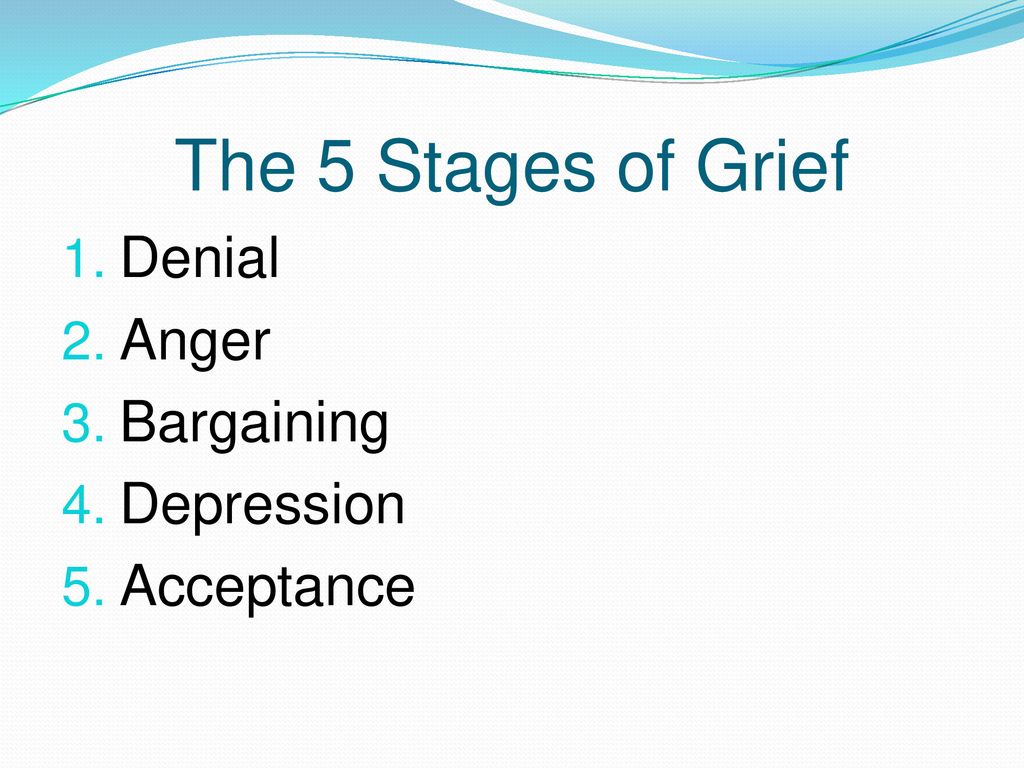 She, if you found out about it quickly, came to save your marriage and make you think about what you are doing wrong. And if you can’t save the marriage, then she came to heal your soul. nine0003
She, if you found out about it quickly, came to save your marriage and make you think about what you are doing wrong. And if you can’t save the marriage, then she came to heal your soul. nine0003
They say that problems in a family begin when one of the spouses has the idea that no one needs the other half and will not go anywhere. When the fear of losing a person disappears, when people relax, not in the best sense of the word.
With the appearance of another woman, not a single man has the idea that he can leave his wife and children. When the wife does not guess, and the mistress does not press, the man feels great.
Habitual, well-established life with his wife, vivid feelings and the feeling that you are the best, experienced with a mistress, give a man a feeling of fullness of life. During this period, a man experiences a surge of strength and energy. And he is ready to continue to dwell in this blissful paradise forever ...
But everything secret becomes clear, the man begins to lose his vigilance, his mistress finds various tricks to keep him longer. I want to note that a mistress, as a rule, at first has no complaints about a man, everything suits her and is not embarrassed by the presence of a wife.
I want to note that a mistress, as a rule, at first has no complaints about a man, everything suits her and is not embarrassed by the presence of a wife.
But women are so arranged that they soon begin to become attached to a man, and possessive feelings begin to spin their web.
A mistress is not much different from you, the longer she meets a man, the more she becomes attached to him. The more she uses her tricks to destroy your marriage. Or maybe there are no tricks - as the relationship develops, she falls more in love with a man and becomes more attached, thereby tying him to her. This is what you need to remember. nine0003
Your scandals, tantrums, tears, reproaches, accusations against the background of her calmness and love have the opposite effect. With each of your scandals, your husband becomes stronger in the idea that it is no longer possible to live with you, you have become unbearable.
Therefore, no matter how much you want to make scandals, try to avoid them.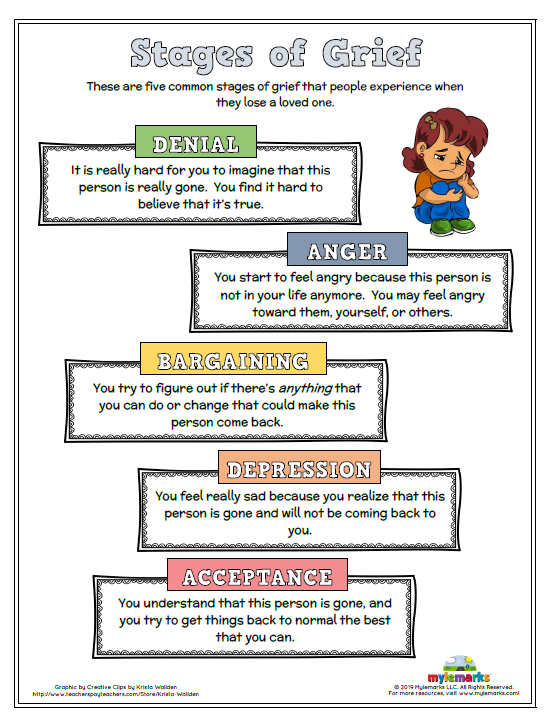 Especially scandals when you blame your husband. Men cannot stand criticism, and not only them. Who loves to be blamed?
Especially scandals when you blame your husband. Men cannot stand criticism, and not only them. Who loves to be blamed?
It is very difficult to resist - pain and resentment do not allow one to remain even outwardly calm. It is incredibly difficult, the husband’s betrayal stirs up an old wound that has not healed since childhood, and you are in contact with your inner child, who is very hurt, but he is powerless to change anything. nine0003
Your reactions and behavior often resemble that of a small child. Screaming, tantrums - this is a childish way to achieve a discharge of strong tension. You need to connect with your inner child.
Do the meditation.
This text is an introductory fragment.
nine0300 1.1.2. Stages of Bereavement 1. 1.2. Stages of bereavement Let's move on to a detailed description of the dynamics of experiencing loss. Let us take as a basis the model of E. Kübler-Ross, which has become a classic, since the vast majority of other models are either repelled from it or have something in common with it. At
1.2. Stages of bereavement Let's move on to a detailed description of the dynamics of experiencing loss. Let us take as a basis the model of E. Kübler-Ross, which has become a classic, since the vast majority of other models are either repelled from it or have something in common with it. At
2.2. Psychological help at different stages of experiencing loss
nine0002 2.2. Psychological help at different stages of experiencing loss Let's move on to considering the specifics of psychological assistance to a grieving person at each of the indicative stages of experiencing loss.1. Stage of shock and denial. During the period of the first reactions to the loss before3.1.3. The dynamics of the human condition in the process of perception and experience of music
3.1.3. Dynamics of the state of a person in the process of perception and experience of music In the special scientific and methodological literature devoted to the problems of music therapy and functional music, data are presented on the features of musical compositions built on
Chapter 6.
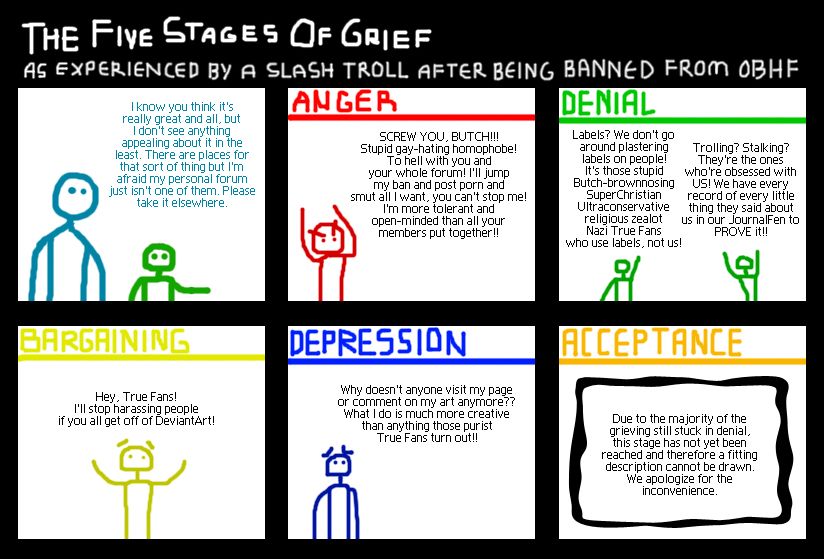 Mental experiences of a person in the clinical phase of dying
Mental experiences of a person in the clinical phase of dying Chapter 6. Mental experiences of a person in the clinical phase of dying As we have seen, during clinical death a person cannot yet be considered dead. In this case, a natural question arises: do any imaginative and thought processes take place in his psyche?
Anguish due to the loss of a loved one
Suffering from the loss of a loved one One of the greatest pains we have to experience is the loss of love, especially when we lose a truly adored family member or friend.
Five Fingers, Five Tips
Five fingers, five clues And probably the last useful habit that will prepare the successful implementation of all your plans. This is the "Five Fingers" method - a convenient method of summarizing the results of the day.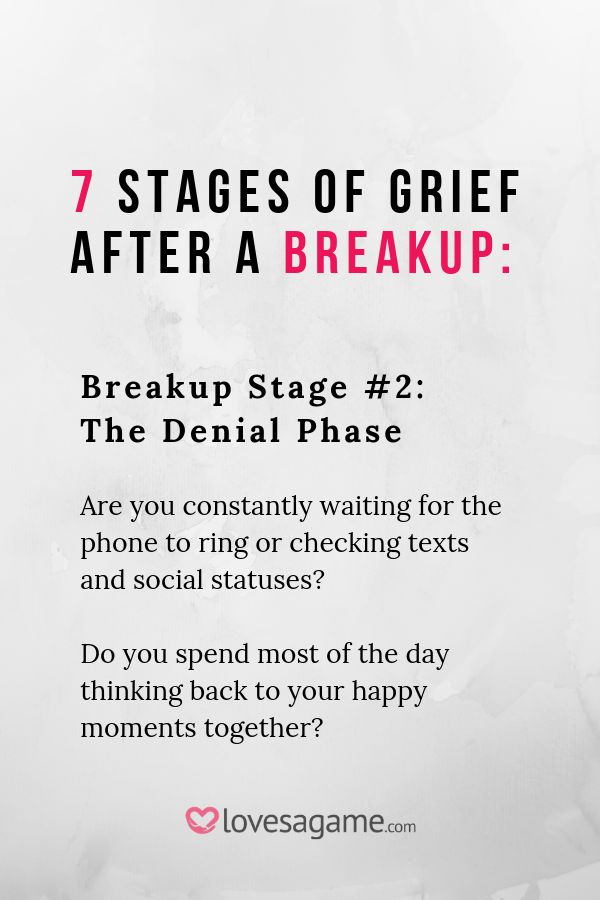 Its idea belongs to the famous business coach Bodo Schaefer, we are
Its idea belongs to the famous business coach Bodo Schaefer, we are
5. Distinguishing between circular and reactive depression. Help with the loss of a loved one
5. Distinguishing between circular and reactive depression. Help with the loss of a loved one This distinction is important because the care strategies for these conditions are different. With reactive depression, psychological assistance often plays a leading role. Reactive depression -
nine0300 What can a family do for their loved one with alcoholism?What can a family do for their loved one with alcoholism? The patient needs family help. “What else should I do to keep my husband from drinking?” I tried both affection and threats. Useless. Maybe I did something wrong? In general, can the family help such a
Emotional atmosphere in the family.
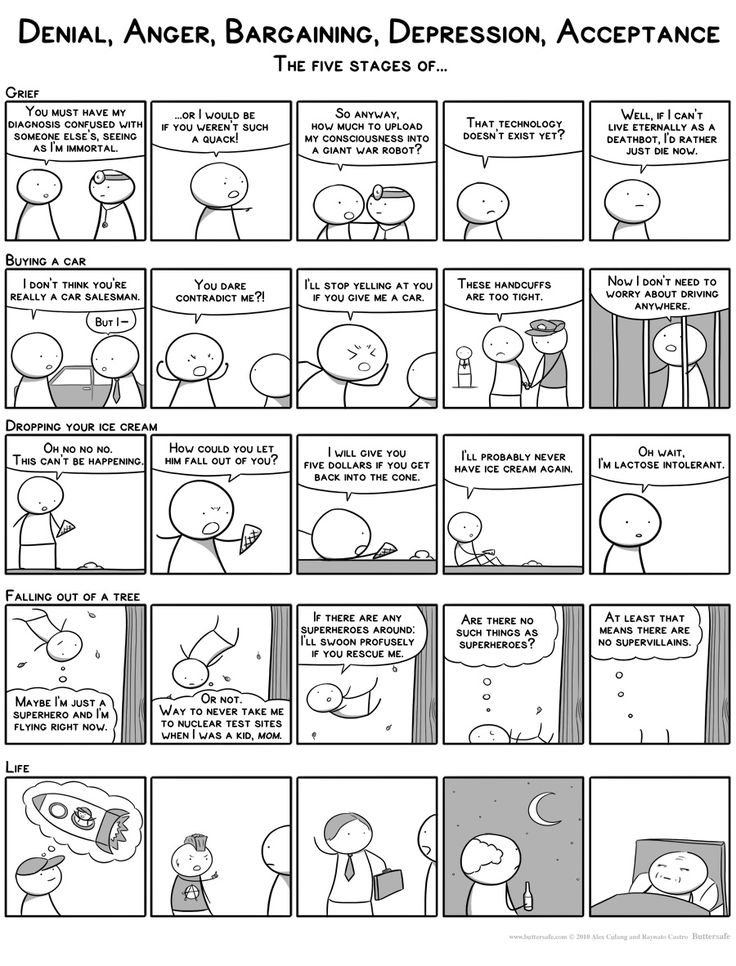 Five stages
Five stages emotional atmosphere in the family. five stages A successful marriage is a building that must always be reconstructed. A. Morua The emotional relationship of spouses, as a rule, goes through five stages in succession. They are tested by both husband and wife, but for definiteness we will describe
Chapter 8 How to Pass the Five Stages of Approach
Chapter 8 How to go through the five stages of convergence If one partner is one or two stages ahead of the other, getting married can be problematic. In order to go through all five stages of rapprochement, it is necessary to pay equal attention to each stage of this
Day 83. Exploring the needs of a loved one (child)
Day 83: Explore the needs of a loved one (child) Morning pages. Morning prayer. Refer to the twenty-third chapter of the course.